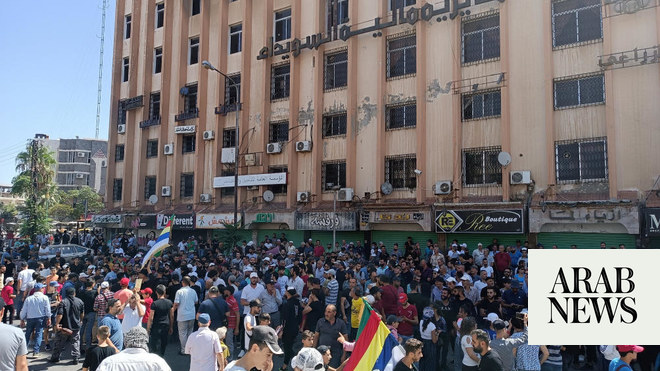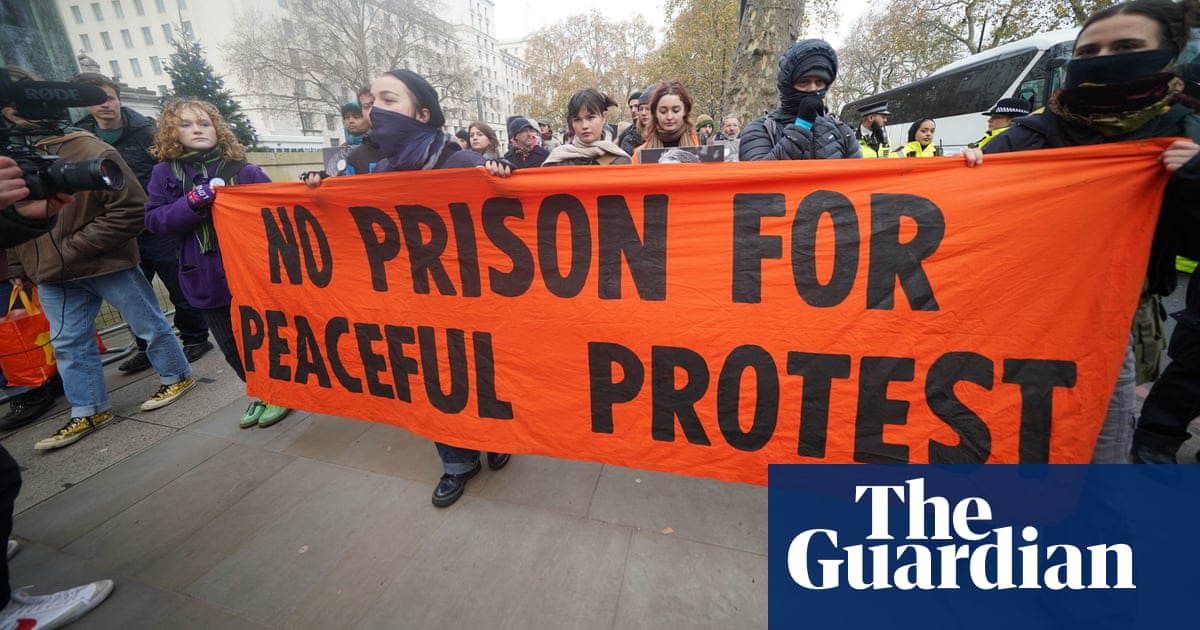
Police preparing for a new campaign of Extinction Rebellion (XR) protests in London have said they will not be deterred by a recent supreme court ruling that obstruction can be a legitimate and lawful form of protest.
The Ziegler judgment, handed down by the supreme court in June, had ruled that the exercising of protest rights could constitute a “lawful excuse” for obstructing the highway, even if the protest is considered disruptive.
But in a briefing on Friday, Matt Twist, deputy assistant commissioner of the Metropolitan police, said “officers are still able to take action if they see wilful obstruction”.
“We do need to take into account Ziegler, but it isn’t a significant change in the law,” Twist said. “If there’s a wilful obstruction, which is unreasonable, and it’s extended [in] impact, then of course, I think there’ll be an expectation that police take action.”
XR is planning a new campaign of protest in London next week, its fourth in the capital. During previous protests activists have blocked roads for days on end and staged disruptive direct action targeting infrastructure, government sites and corporate headquarters in the city, leading to hundreds of arrests.
Rachel Williams, the Met’s gold commander for the XR protests, said the group’s three previous campaigns had cost police more than £50m. “No doubt, this [latest] policing operation will run into the millions and will result in many police officers sacrificing their time off to help mitigate any disruption, [and] bring order and safety to the streets of London,” she said.
But they may be hampered by the new interpretation of the law. In Ziegler, the supreme court quashed the convictions of four anti-war activists who in 2017 locked themselves together on a road used for deliveries to the Defence and Security Equipment International (DSEI) arms fair in east London.
In a majority decision, the court ruled that the activists were engaging their rights to freedom of speech and assembly. As a result, police and prosecutors had to consider whether any interference with those rights was proportionate.
Raj Chada, of Hodge Jones & Allen solicitors, who specialises in protest cases including many related to XR, said a number of cases had already been abandoned by prosecutors after Ziegler, or were subject to now-uncontested appeals.
“It specifically mentions in Ziegler that arrests must be proportionate, so the police must take it into account as well as the courts,” Chada said.












